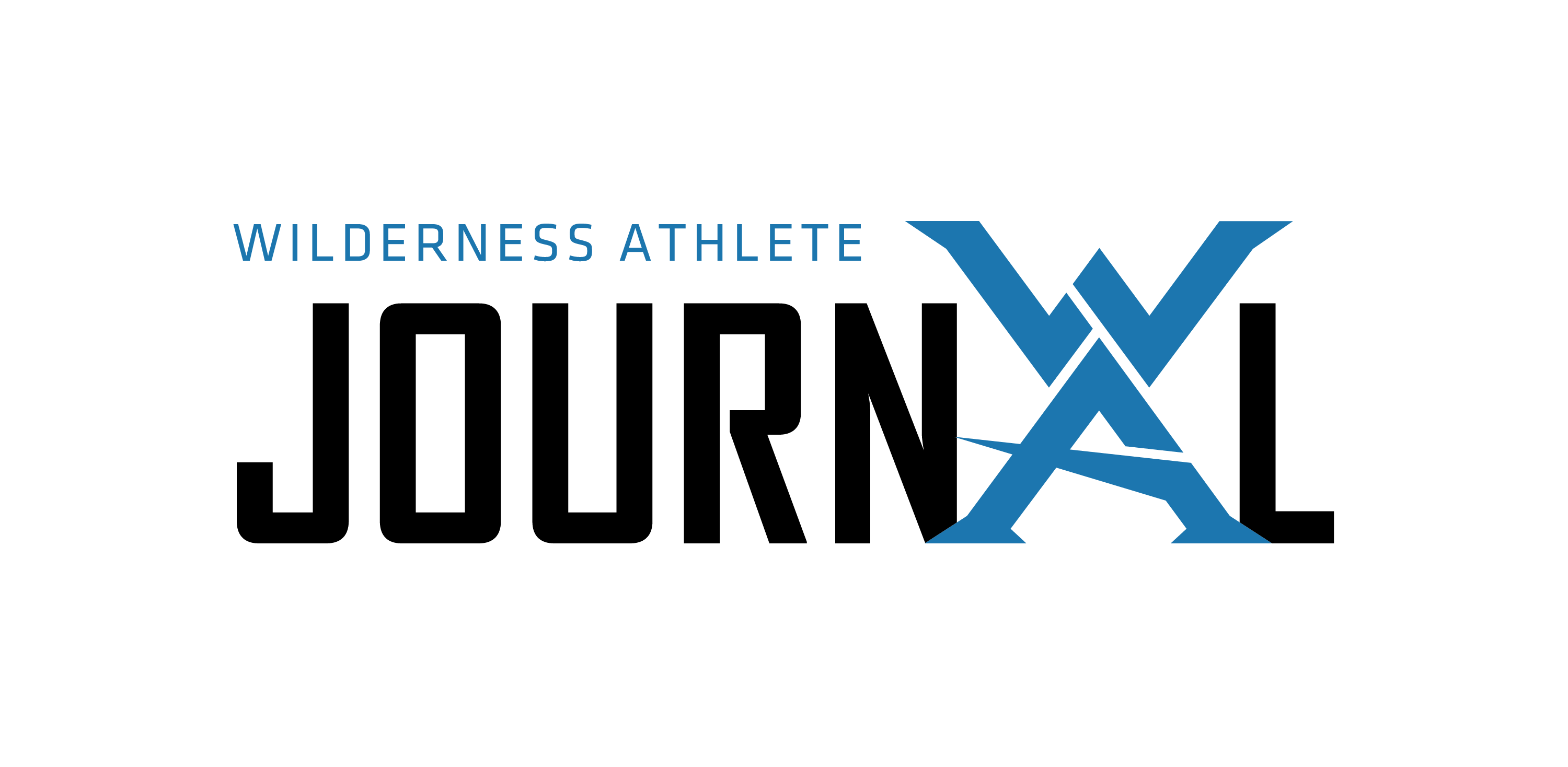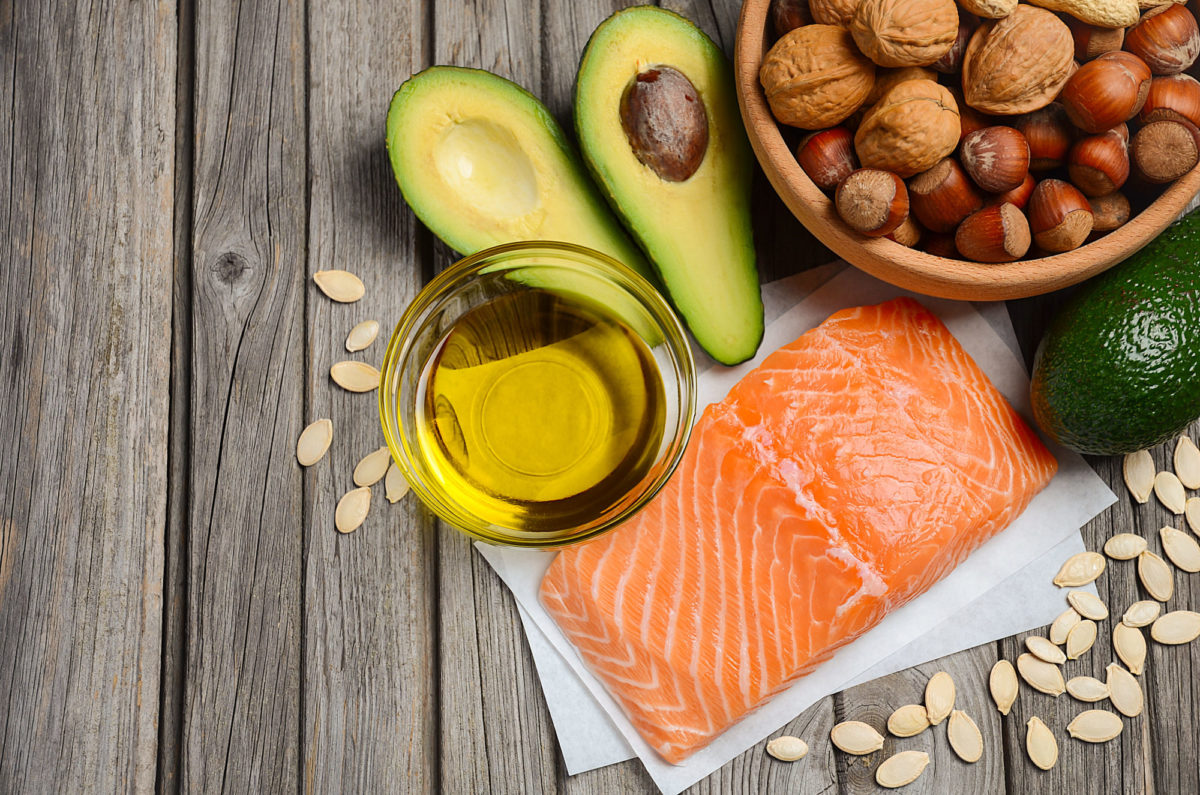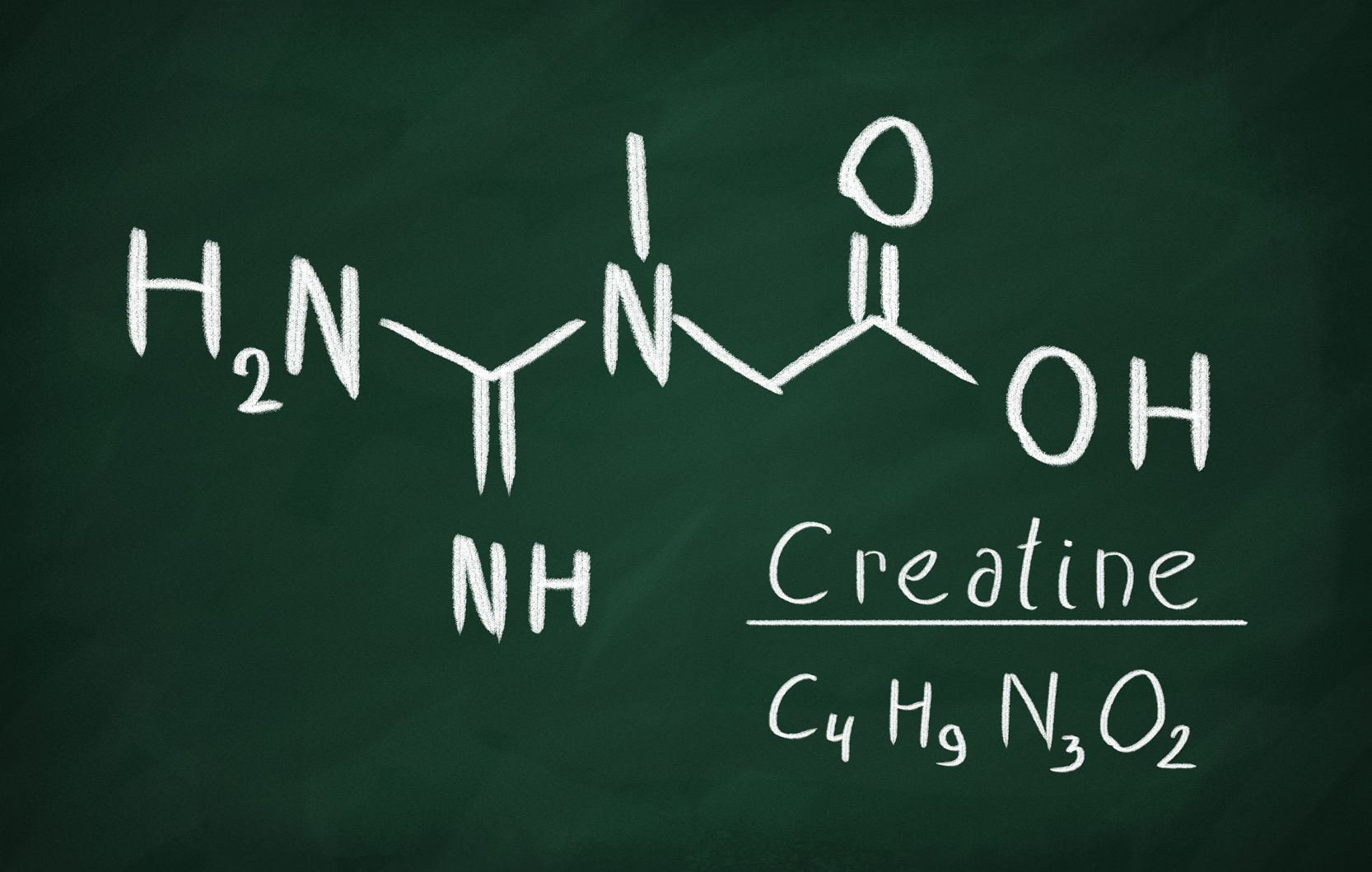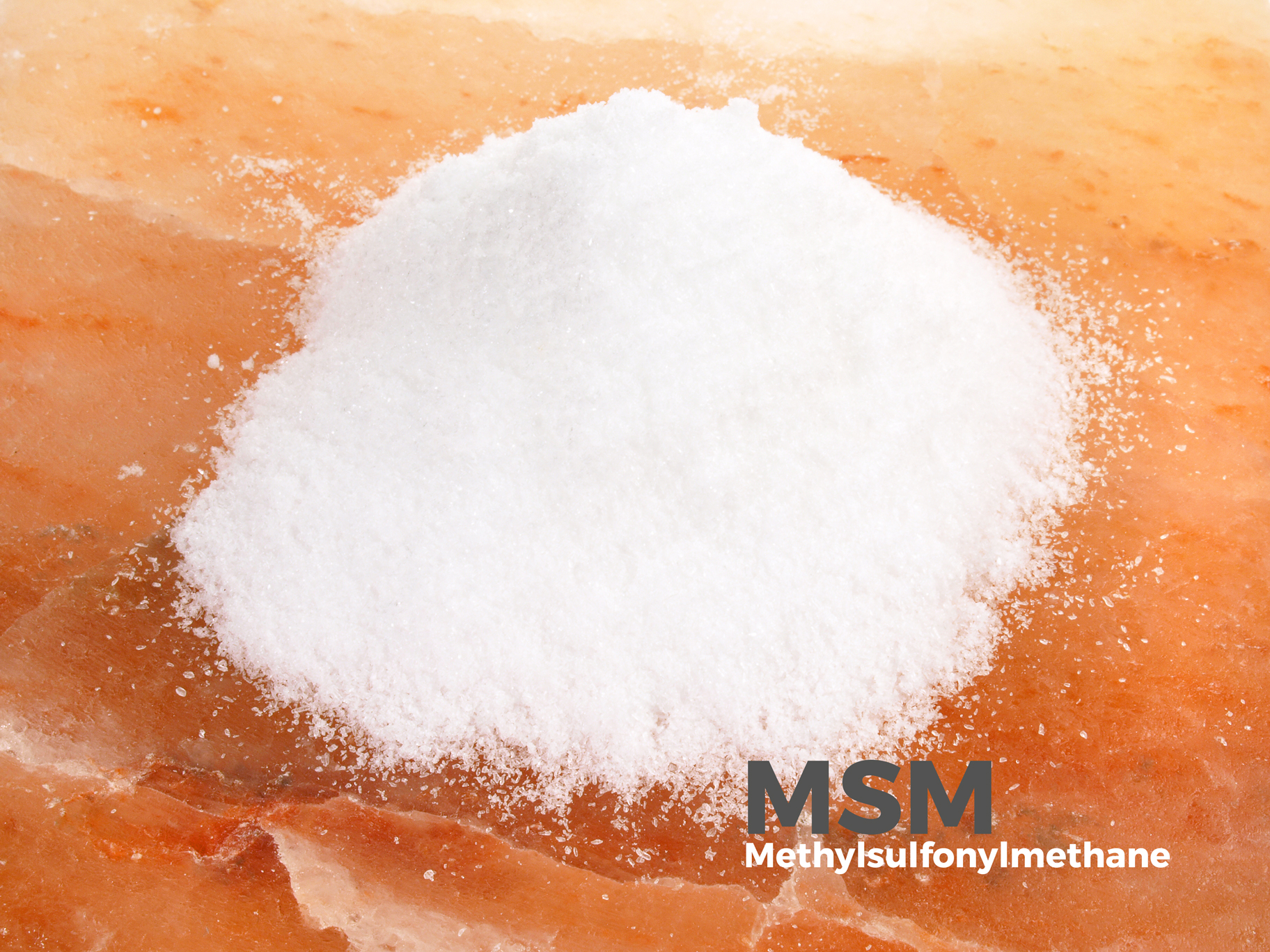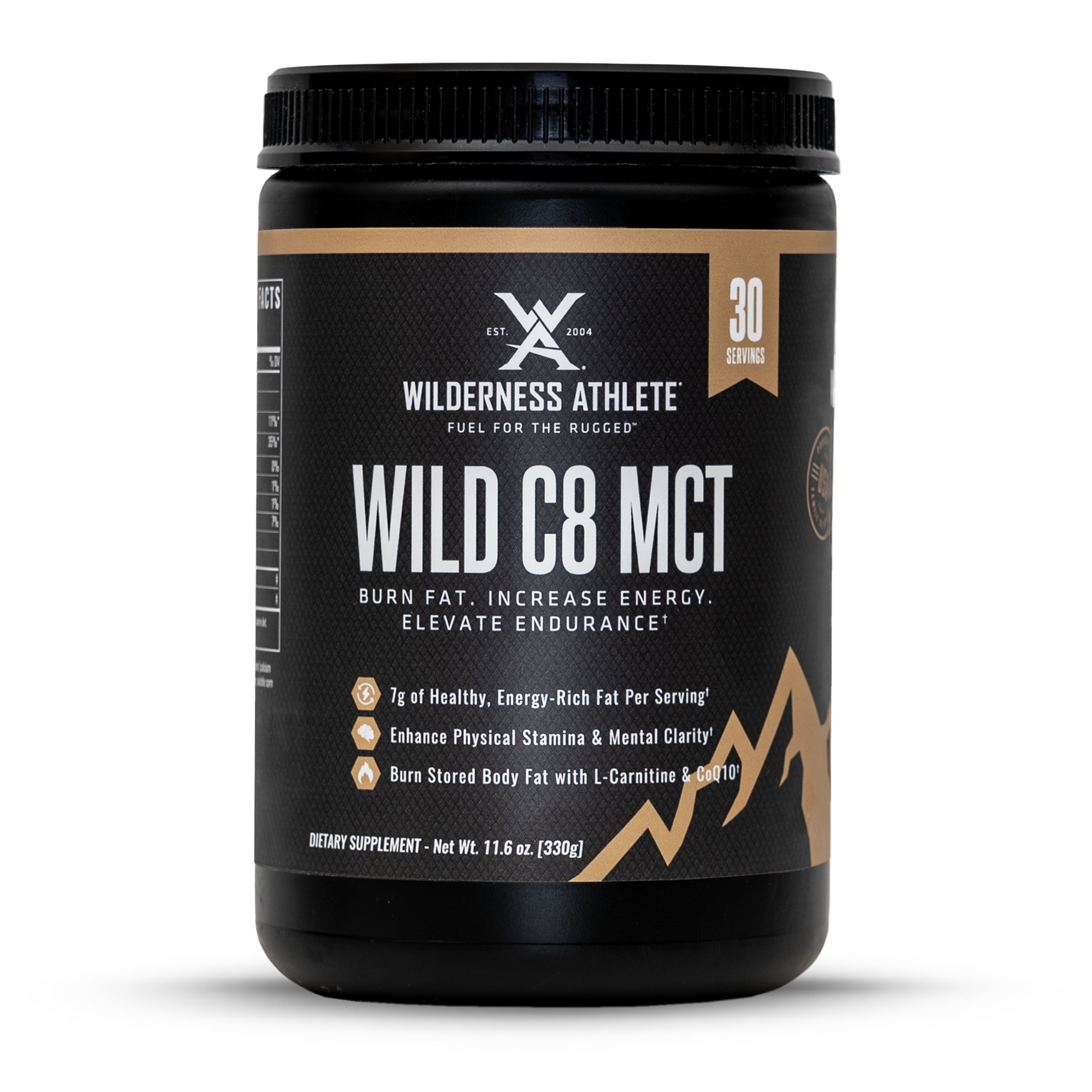What’s the real deal about fats?
If you’re paying attention to the health and nutrition world, you’ve probably heard of some changes to our previously-held beliefs about fats. Only a couple of years ago, we were instructed to decrease animal fats in our diets, and stay away from delicious things like butter and oil.
Every day, more and more research tells us that fat isn’t always the bad guy. Many people have adopted high-fat, low-carb diets that focus on high-quality fats for energy, rather than “empty” carbs that can cause a dramatic insulin response and a crash.
So what’s the real deal about fats? There is still a lot that we don’t know, but the newest research tells us that we can add back in some of the foods we’ve been avoiding! This is great news for us Wilderness Athletes. Afterall, who doesn’t enjoy the smell of bacon in the morning?
Here’s what you need to know:
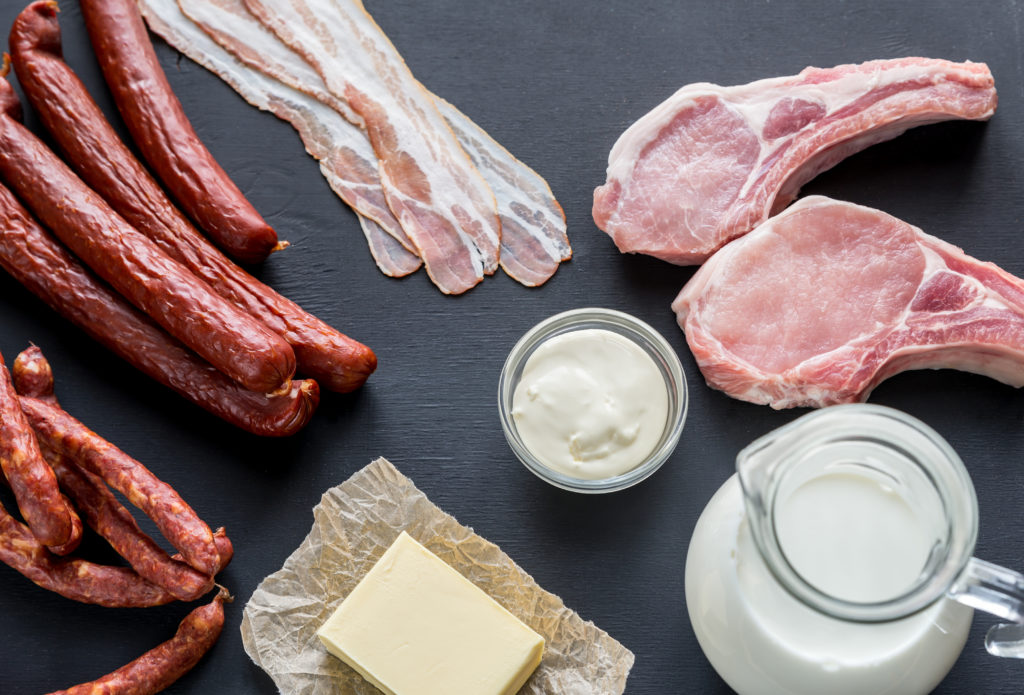
Saturated Fats:
These are the fats we were once told to avoid completely. This includes most fats that are solid at room temperatures like animal fats, butter, and dairy products. In the past, we believed that these fats caused higher cholesterol and in turn, heart disease. Now we know that these fats in moderation can provide healthy, sustainable energy and were not the culprit in the fight against heart disease (see trans fats below). Most professionals now advise adding these back into your diet, along with some of the other healthy fats listed below.
Monounsaturated and Polyunsaturated Fats:
These fats have long been accepted as “healthy fats” and include oils that are liquid at room temperature, nuts, seeds, avocados and cold-water fish. Be careful though, more and more research shows that cooking with these oils at higher temperatures can lead to some chemical composition changes that are best to avoid. Choose saturated fats for cooking if you’re looking for a safer bet (butter, ghee, and coconut oil).
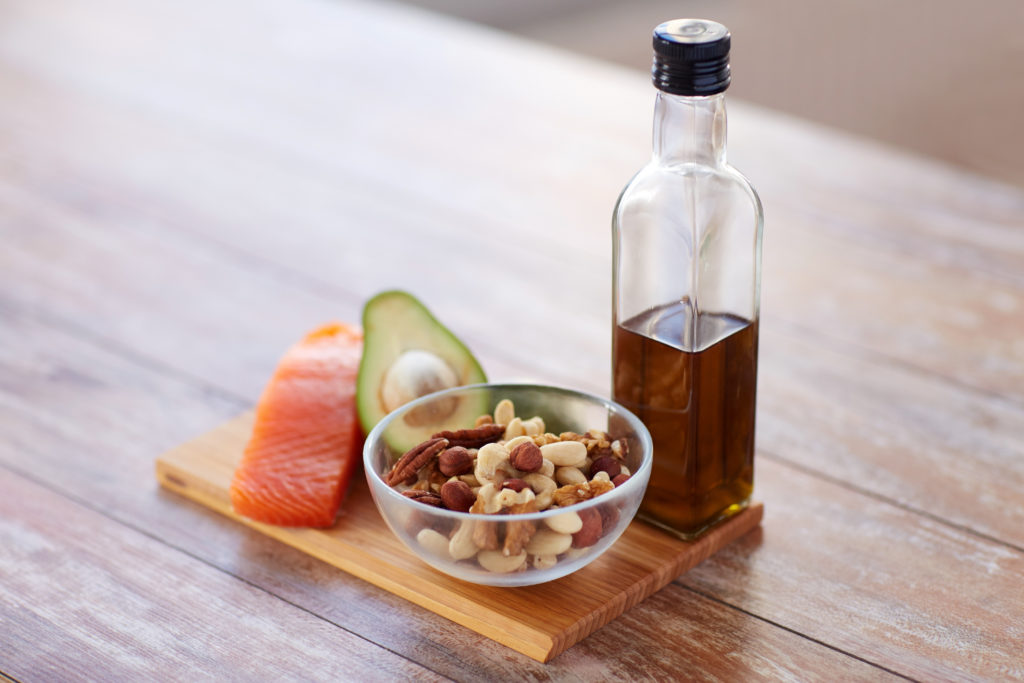
Also, be aware that many unsaturated fats are high in Omega-6. In general, Americans consume an unbalanced amount of Omega-3 and Omega-6 Fatty Acids. It’s important to supplement with a good omega-3 (may we suggest our Fish Oil?) and watch your Omega-6 intake. Most nuts that we consider “healthy” are also high in Omega-6, so be careful. The true anti-inflammatory benefits of Omega-3 won’t be realized if you’re diet is very high in Omega-6.
So what about trans fats?
We know they’re bad… right? Basically partially hydrogenated oils are behind all the bad press. These oils have been altered at a chemical level to make them more stable and semi-solid at room temperature, and they contain mostly trans fat. Everyone remember mom using Crisco in the kitchen? Crisco (and partially-hydrogenated oils in general) didn’t enter our diet until around 1910. They gained popularity quickly with people who were looking for an easy solution for baking and cooking. By the 1950s there were multiple studies revealing the incredibly damaging effects of trans fats as they relate to heart disease. Yet it wasn’t until the early 2000s that they took center stage in our conversations about heart health and cholesterol.

The FDA has come down so heavily on trans fats over the last decade that they are almost non-existent at the grocery store. In fact, they will have to be completely phased out in our grocery stores by 2018. But you still need to be careful when buying processed foods, as there are products (mostly baked goods) that contain them. They are also common in cheap fast-food. Here’s a little tip – avoid processed foods and fast food!
Are there good trans fats?
Yes, actually! Although you rarely hear about them. Most dairy and meat products from grass-fed cattle contain higher amounts of trans fats than other meat and dairy. The story why is a fascinating tale through the digestive tract of a cow, which we’ll save for another time. The important takeaway is that “man-made” trans fats (partially-hydrogenated oils) are bad and “animal-made” trans fats are okay. Fancy that… nature knows better than we do.
So the moral of the story? Put down the grocery store cookies and choose to cook or bake at home (Shameless plug for The Wild Kitchen Cookbook, click here). Stay away from Crisco in exchange for good-old butter (grass-fed if possible). And by all means… wake your family up to the smell of bacon this weekend!
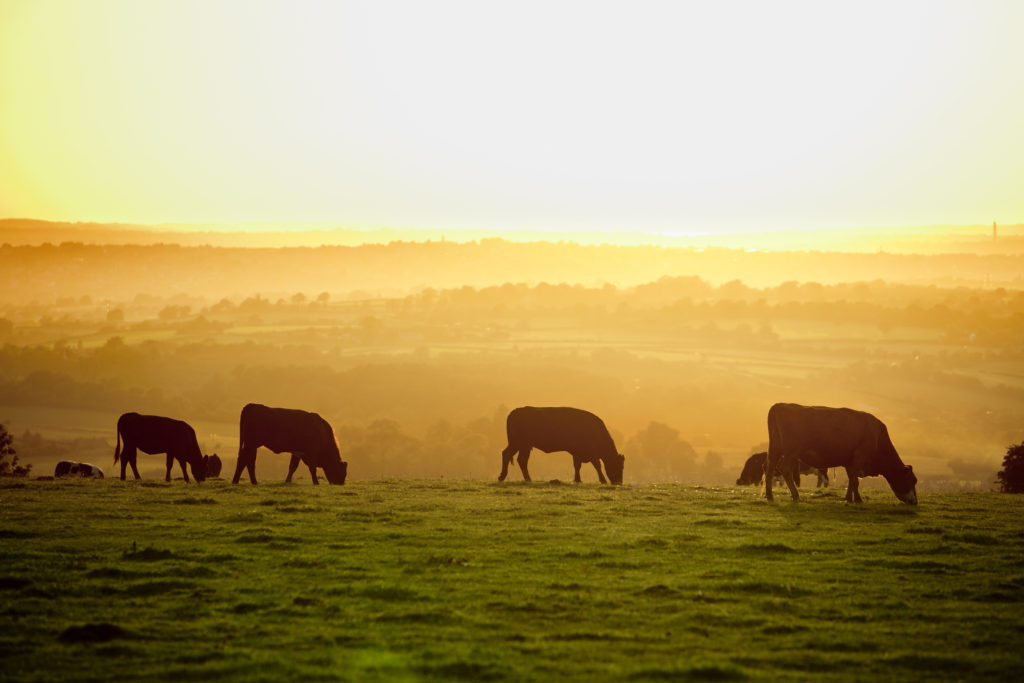
*These statements have not been evaluated by the Food and Drug Administration. This product is not intended to diagnose, treat, cure, or prevent any disease.
